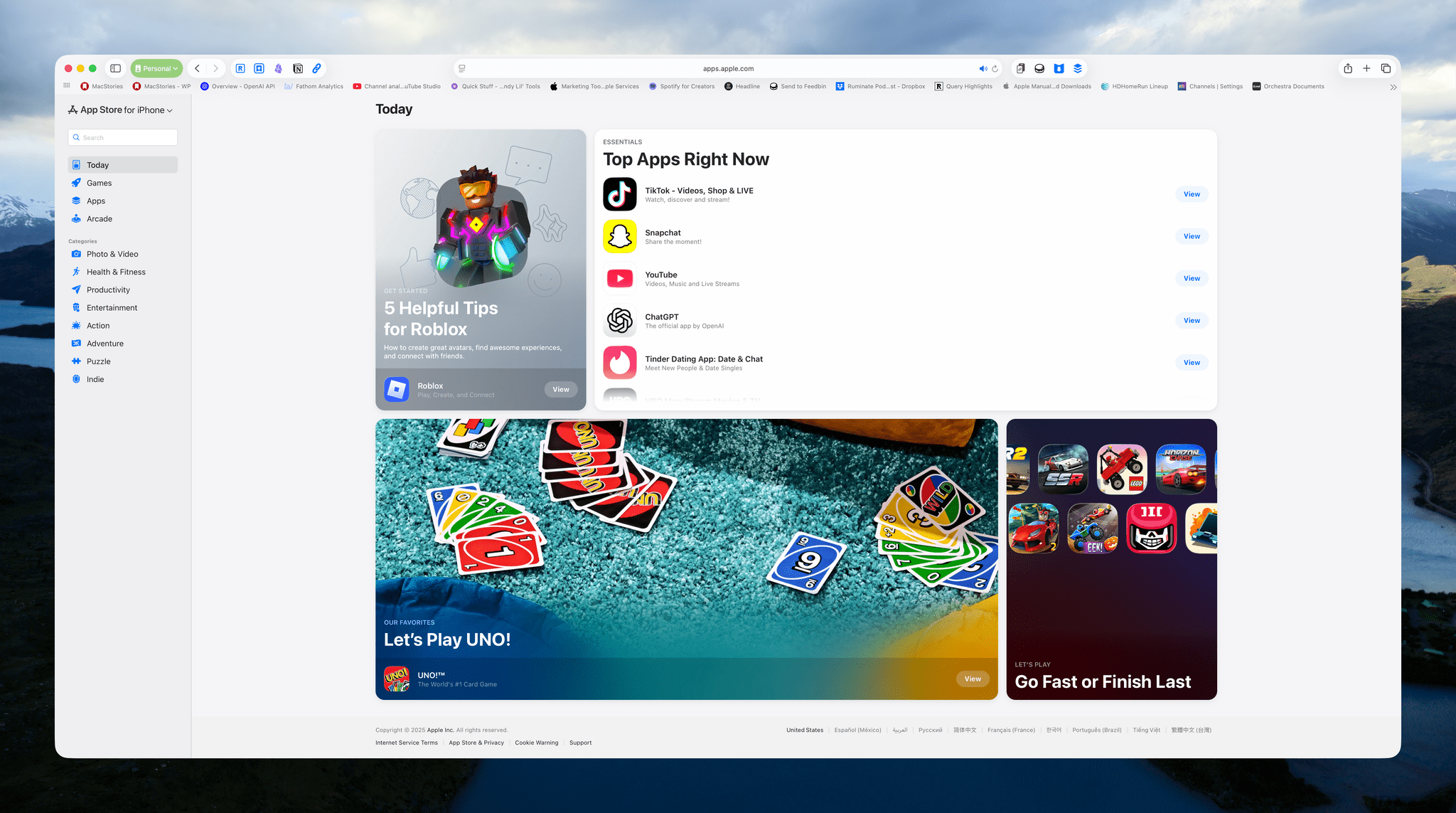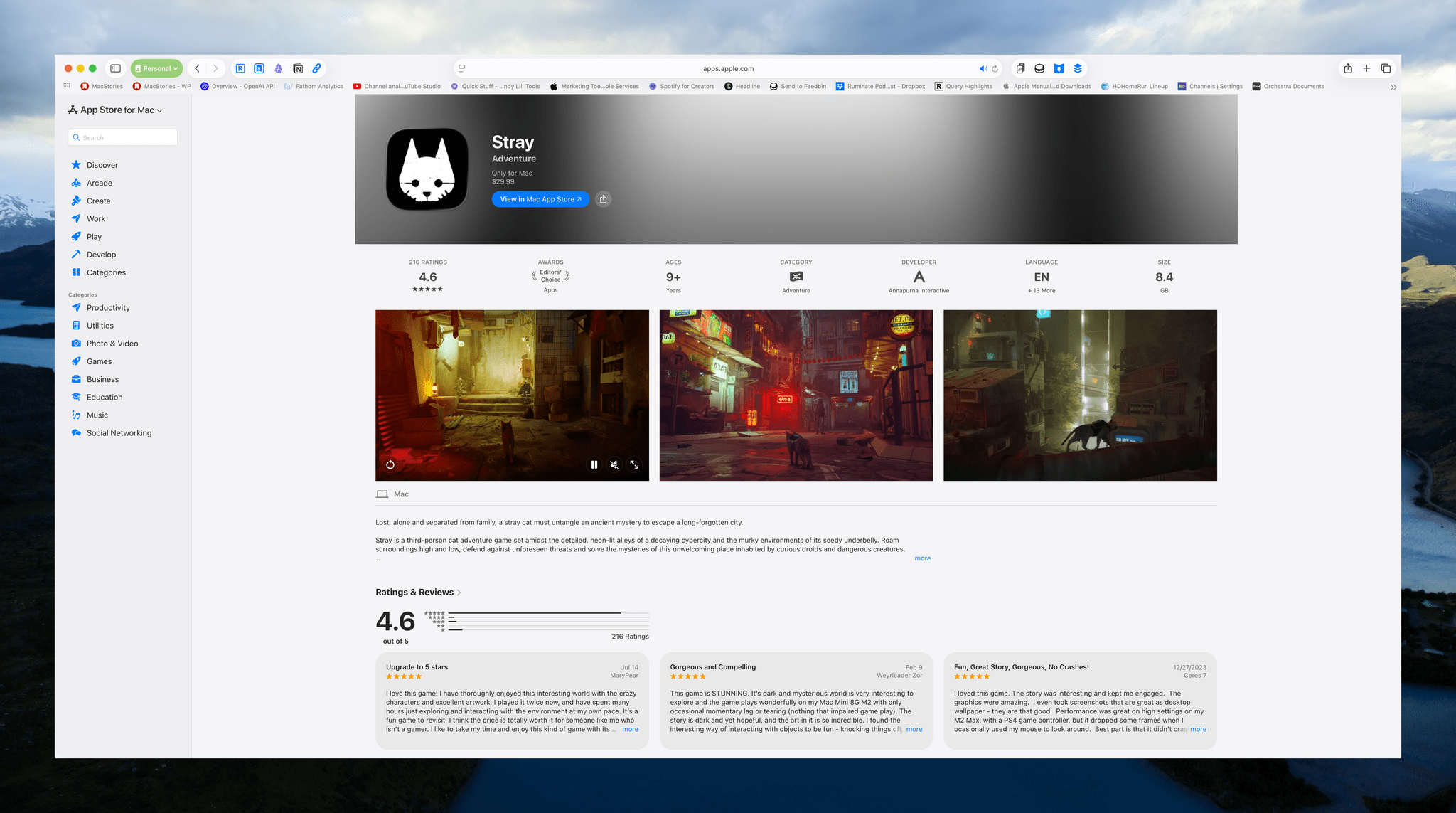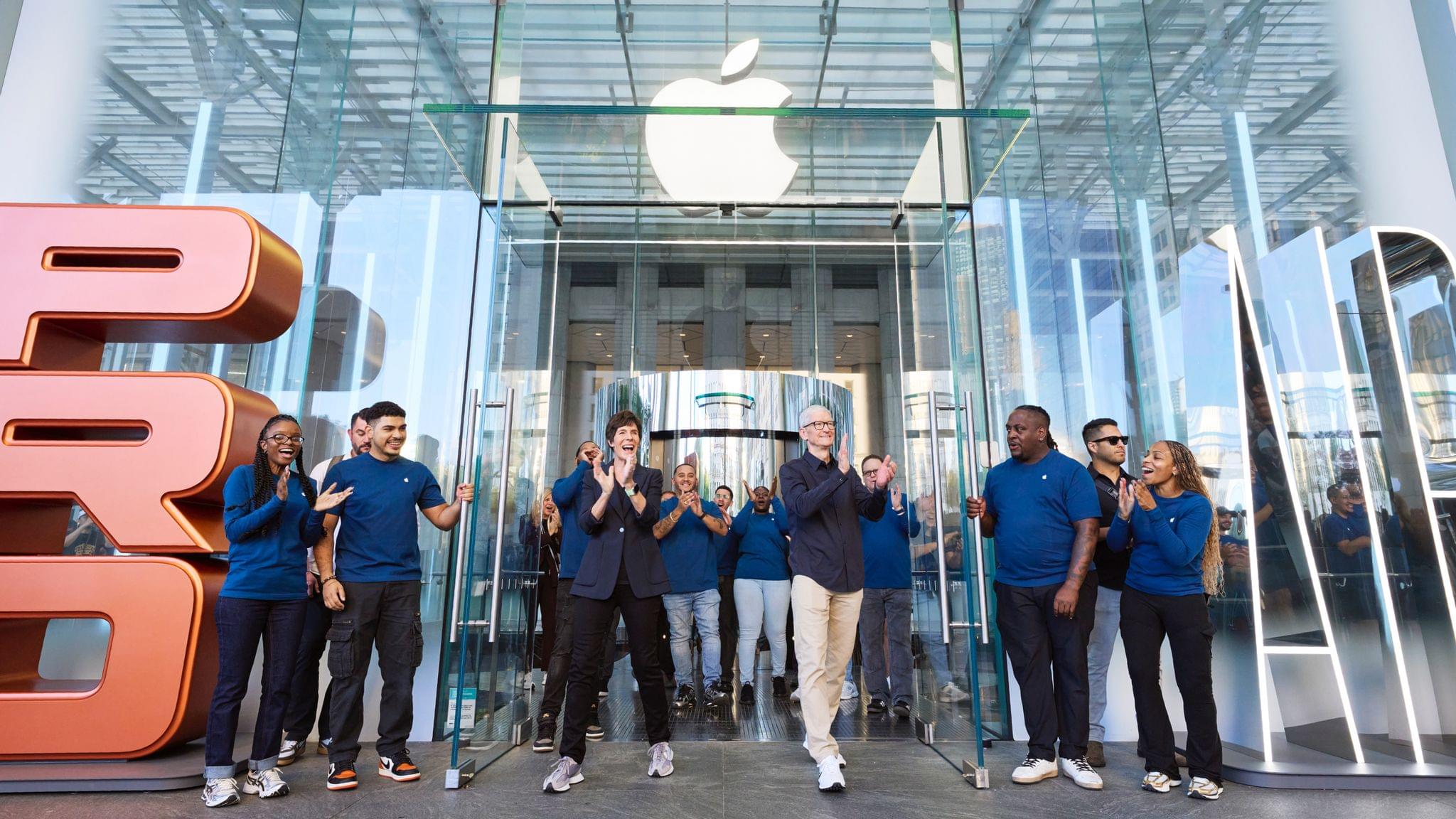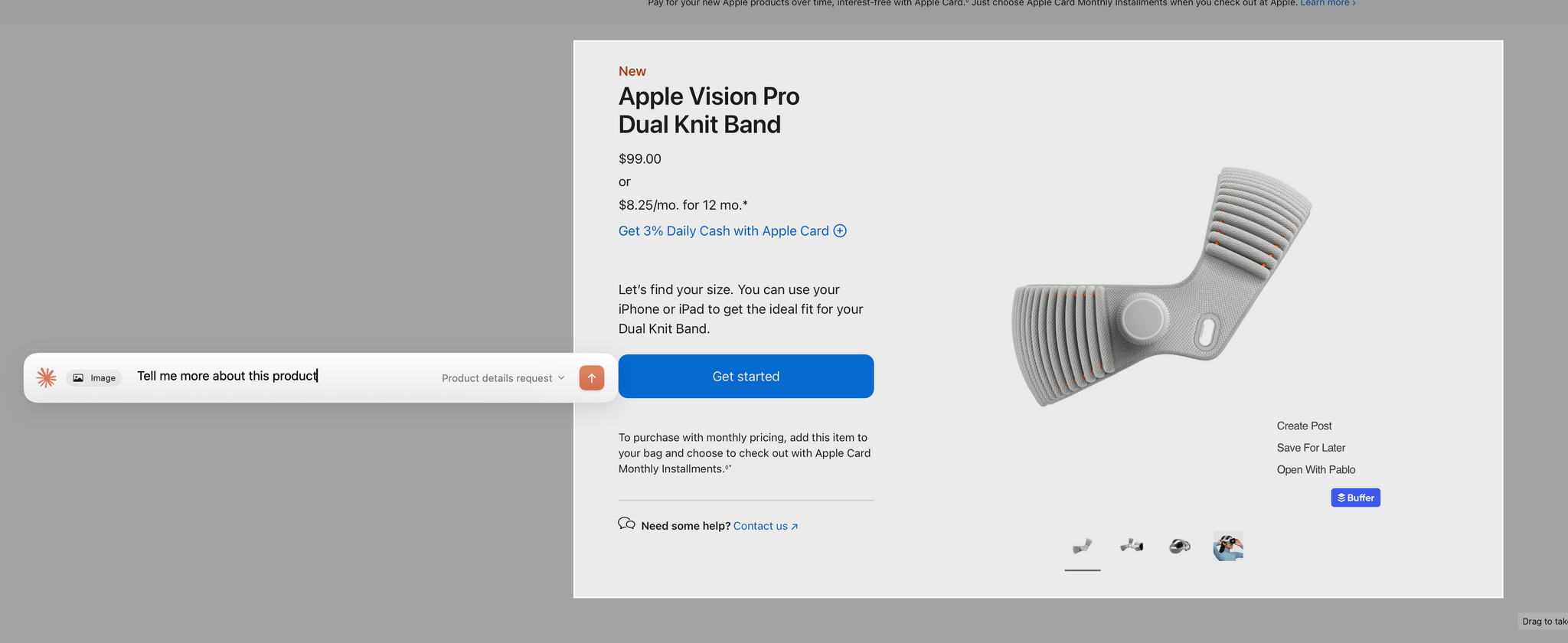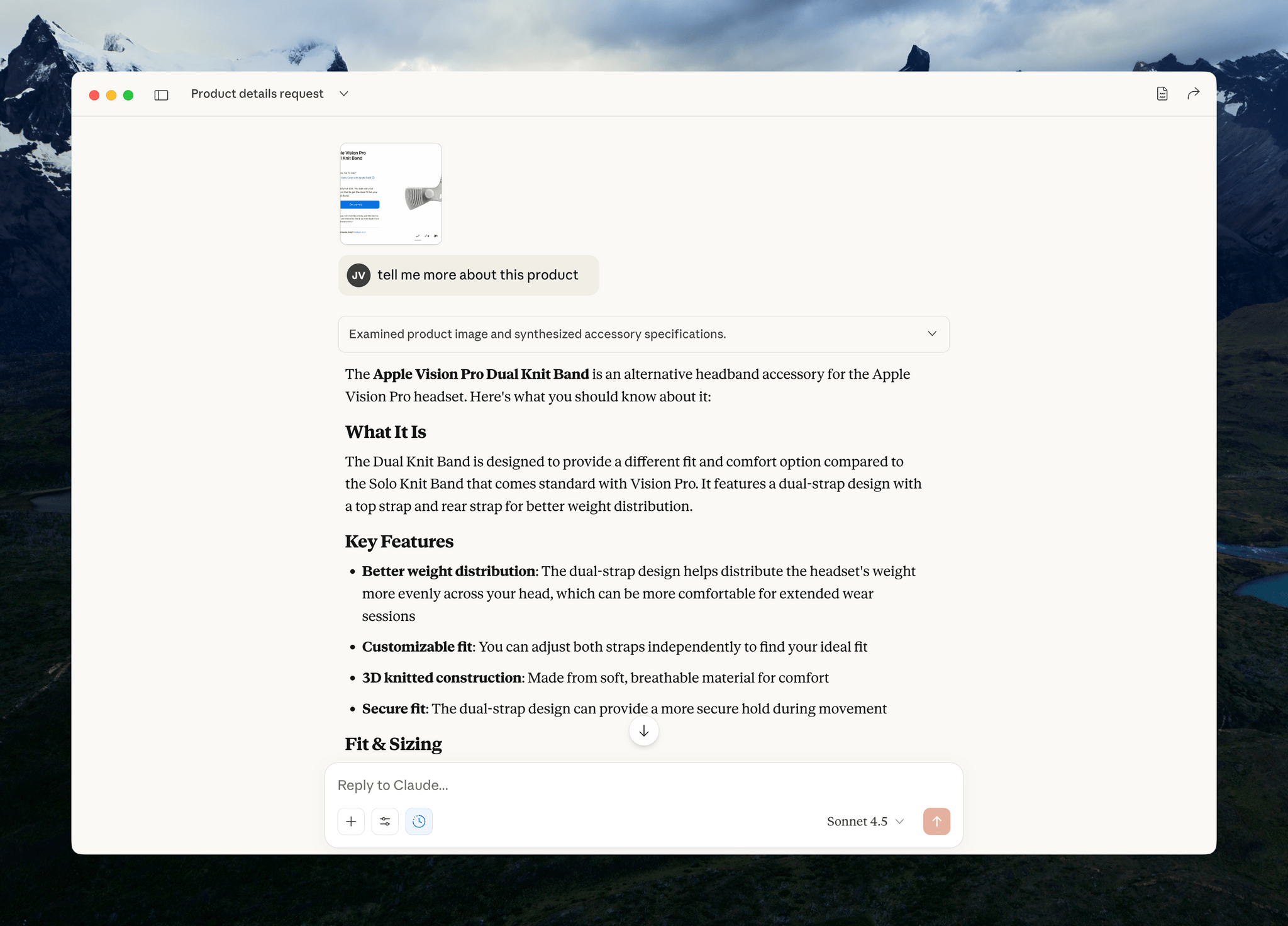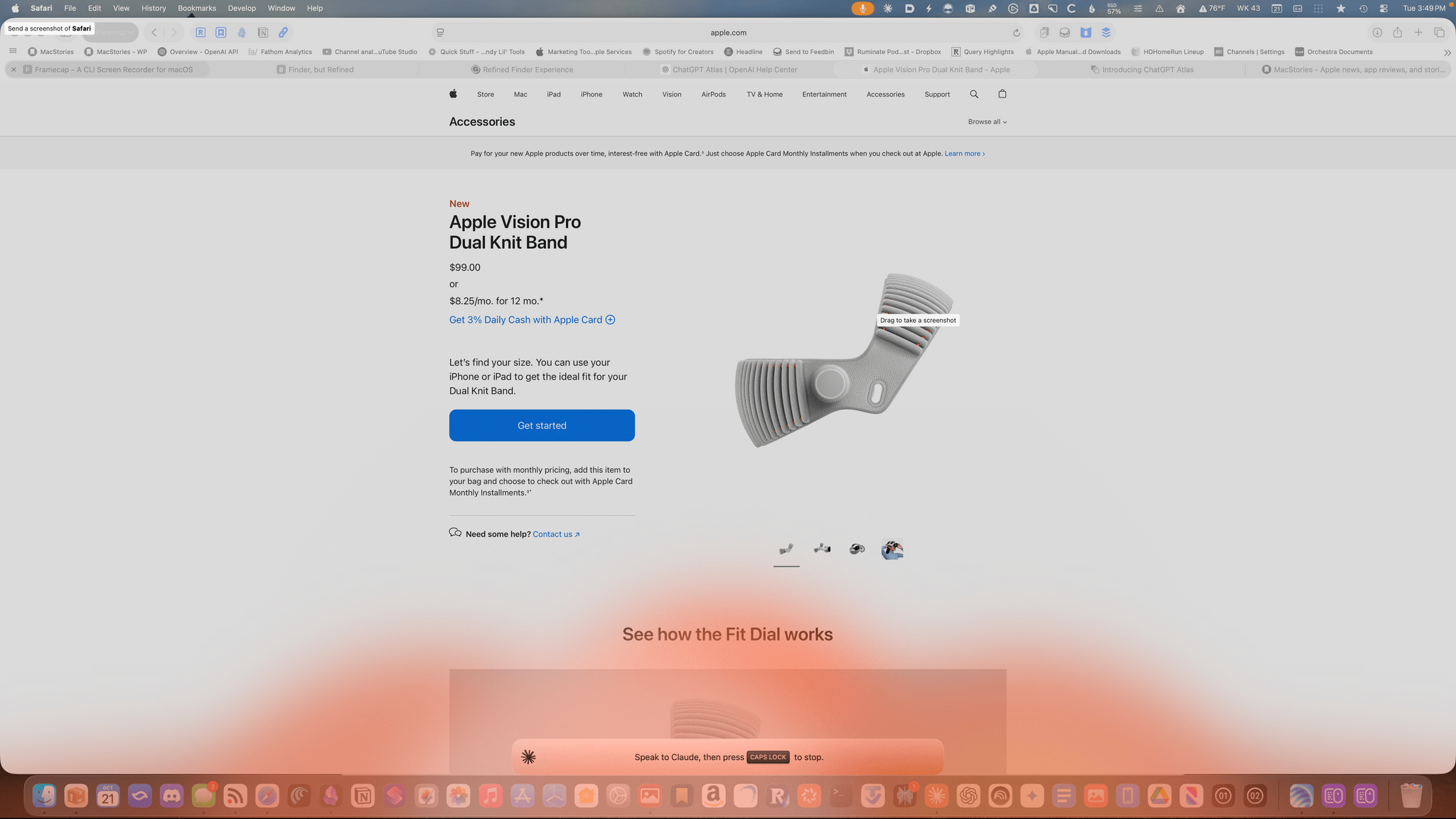Today, Apple launched a web version of the App Store, with a twist. I’ll admit that this wasn’t on my “things Apple will do this fall” bingo card. I’ve wondered since the earliest days of the App Store why there wasn’t a web version and concluded long ago that it just wasn’t something Apple wanted to do. But here we are, so let’s take a look.
You’ll find the new web-based App Store at apps.apple.com, where you’ll be greeted by a sort of amalgam of the App Stores on each of Apple’s platforms. Along the left sidebar, you’ll find the same Today, Games, Apps, and Arcade tabs found in the native App Stores. This is where Categories reside, too. One big difference is that in the top-left corner, you’ll see what store you’re viewing, which defaults to the iPhone even if you’re on a different device. Click the drop-down label, and you can switch to another storefront.
An even bigger difference from the native App Stores is that you can’t buy anything on the web. That’s right: there’s no way to log into your Apple account to download or buy anything. It’s a browse-only experience.
The site looks great and is a fully responsive replica of the native App Store apps in just about every way, but in place of the usual ‘Get’ or ‘Buy’ buttons, there’s a ‘View’ button, which is replaced by a ‘Share’ button when you go to an app’s dedicated page. I really don’t get it. At least on the Mac, there’s a button to open an app in the Mac App Store, but the same isn’t true on the iPhone and iPad.
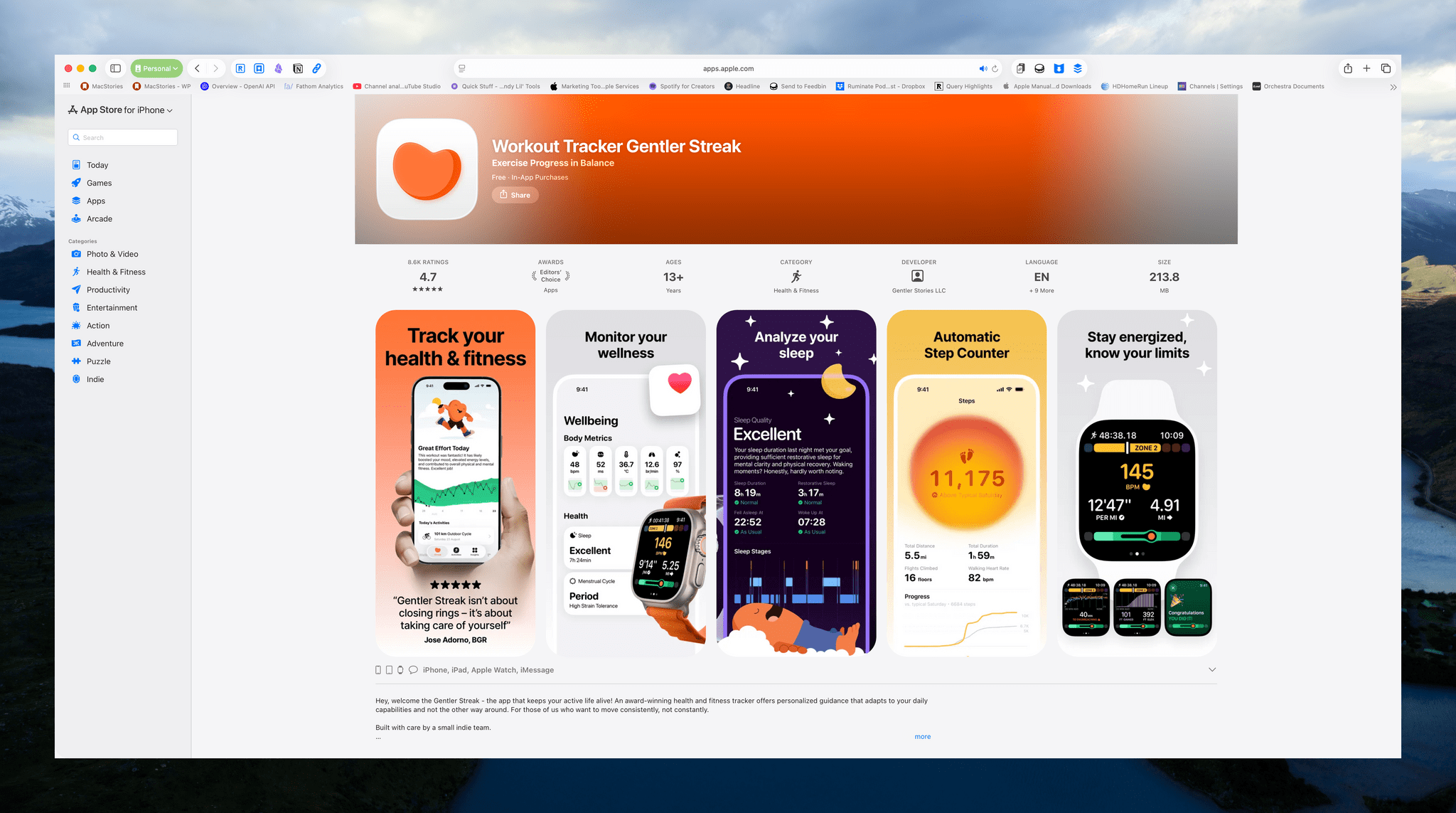
The website is a great amalgamation of the native App Stores, but it’s not really a store if you can’t download or buy anything.
Sure, you can always share an app to yourself on a device where you can buy it. But shouldn’t the point of a web store be to allow you to make purchases when you’re not on an Apple device or, for example, to buy a Mac app on your iPhone and have it waiting for you when you return to your Mac? I’ve literally checked the site multiple times because I can’t believe Apple built a storefront but left out the commerce part.
Look, the website is very nice and does a great job replicating the UI of the App Store, just like the web versions of Music, Maps, and iCloud do. I just wish I could buy something.


